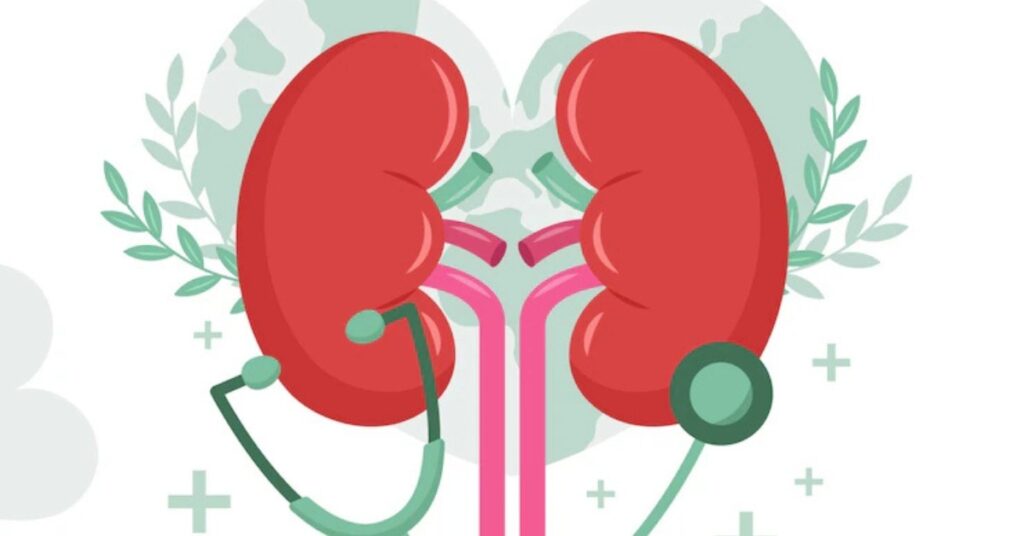Night blindness makes it hard to see in low light. It can be caused by vitamin A deficiency, cataracts, or eye disorders. Some cases are treatable with the right care.

If you often struggle to see clearly after sunset or in dim lighting, you may be dealing with a condition called night blindness — medically known as nyctalopia. It doesn’t mean complete blindness at night, but rather an increased difficulty in seeing in low-light conditions. Many people notice this problem while driving in the dark or moving around in poorly lit places, and in some cases, it can interfere with everyday tasks.
Doctors say that night blindness isn’t a disease in itself but a symptom of an underlying issue affecting the eyes. The causes can vary widely — from nutritional deficiencies and eye disorders to inherited genetic conditions. In some cases, night blindness can be reversed with the right treatment, while in others, it might require long-term management.
What causes night blindness?
There isn’t a single reason behind night blindness — it can stem from several different conditions. Some of the most common causes include:
1. Vitamin A deficiency
This is one of the most preventable causes, especially in areas where malnutrition is a concern. Vitamin A plays a vital role in maintaining healthy vision, especially in low light. Without enough of it, the retina — the part of the eye that senses light — doesn’t function properly.
2. Cataracts
As we age, the natural lens in our eyes can become cloudy, leading to blurred or dim vision, especially in the dark. Cataracts are a common cause of night vision problems in older adults.
3. Retinitis pigmentosa
This is a rare genetic condition that affects the retina and gradually reduces night and peripheral vision. In many cases, it worsens over time and may eventually cause serious vision loss.
4. Glaucoma and its treatment
Glaucoma damages the optic nerve and can lead to reduced peripheral vision and night blindness. Interestingly, some medications used to treat glaucoma — especially those that narrow the pupil — can also affect night vision.
5. Diabetes-related eye issues (Diabetic Retinopathy)
Poorly managed diabetes can lead to damage in the blood vessels of the retina, which may make it difficult to see in dim light.
6. Nearsightedness (Myopia)
People with significant nearsightedness sometimes struggle with night vision, even if their eyes are otherwise healthy.
What are the symptoms?
Night blindness isn’t always obvious at first. Some people may dismiss the symptoms as a normal part of aging or poor lighting. However, common signs to watch out for include:
- Difficulty seeing in dark rooms or at night
- Trouble adjusting to dim lighting after being in bright light
- Poor vision while driving at night
- Hazy or blurry vision in low light
- Trouble distinguishing objects or people in poorly lit environments
Also Read: Instant Coffee Consumption Could Harm Your Vision, New Study Finds
Can night blindness be treated?
Treatment depends entirely on what’s causing the night blindness. Here’s how different causes are usually addressed:
- Vitamin A deficiency: This can often be reversed with supplements and dietary changes. Foods rich in vitamin A include carrots, spinach, sweet potatoes, eggs, and dairy products.
- Cataracts: Surgery to remove cataracts and replace the cloudy lens with a clear artificial one can restore vision, including night vision.
- Glaucoma: While glaucoma itself can’t be cured, early treatment can help prevent further vision loss. Changing medications may also improve nighttime vision.
- Retinitis pigmentosa: Unfortunately, this condition currently has no cure, but specialized glasses, low vision aids, and lifestyle adjustments can help manage symptoms.
- Diabetic retinopathy: Controlling blood sugar levels, along with regular eye exams and timely treatment (like laser therapy or injections), can help protect vision.
Can you prevent night blindness?
While not all causes of night blindness are preventable, some steps can lower your risk:
- Eat a balanced diet with plenty of fruits, vegetables, and foods high in vitamin A.
- Get regular eye exams, especially if you have diabetes, a family history of eye diseases, or are over 40.
- Protect your eyes from UV rays and avoid smoking, both of which can accelerate cataract formation.
- Manage chronic health conditions, like diabetes or high blood pressure, that can affect eye health.
- Avoid self-medicating with eye drops or over-the-counter pills that may affect your pupils or retina.
Disclaimer: This article is for informational purposes only and is not a substitute for professional medical advice, diagnosis, or treatment. Always consult your doctor or a qualified healthcare provider if you have any concerns about your vision or overall health.












